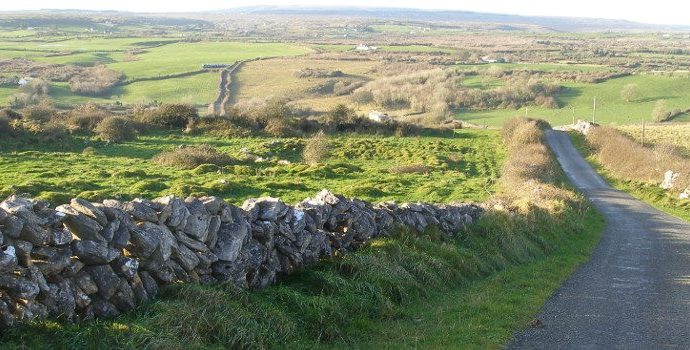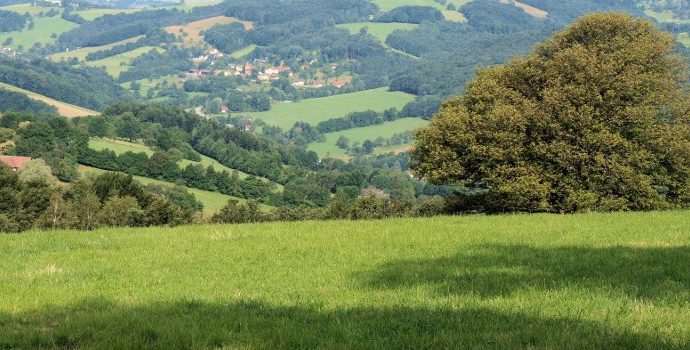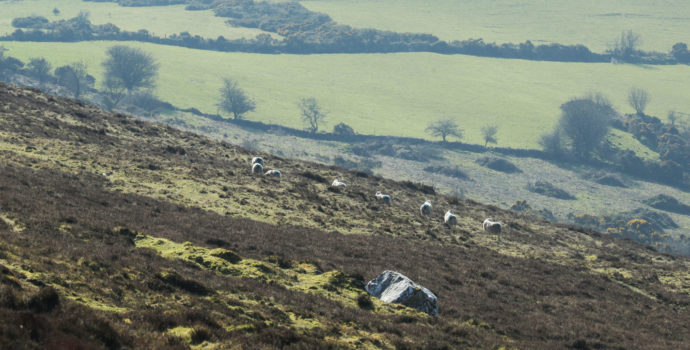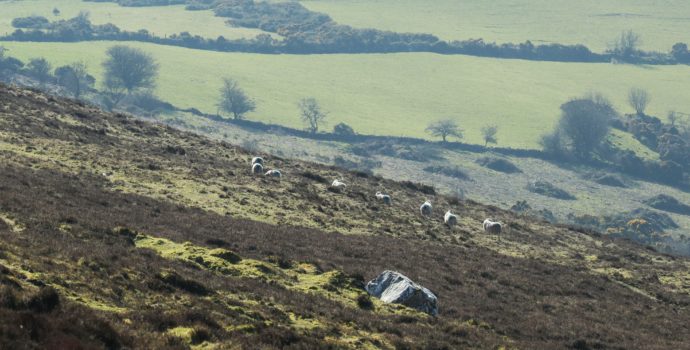IFA Outlines Budget Measures Needed to Alleviate Farm Income Pressure to Finance Ministers
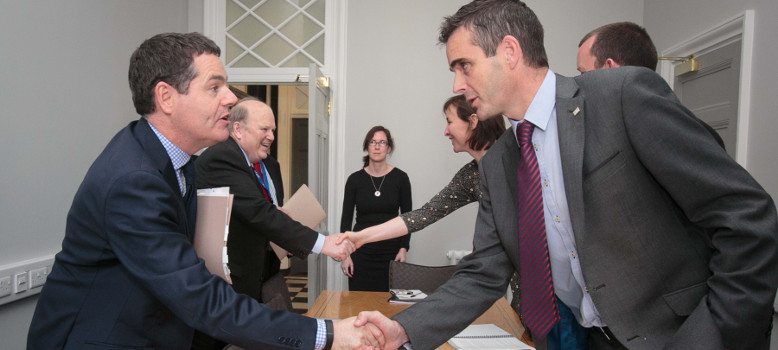
Budget 2017 must increase the funding of key farm schemes and alleviate the serious income pressure on family farms in 2016, which has been compounded by the Brexit decision, IFA President Joe Healy told Minister for Finance, Michael Noonan and Minister for Public Expenditure, Pascal Donohoe at a meeting last week. He said the Budget is also an opportunity to tackle farm income volatility.
Taxation proposals
The IFA President identified the introduction of a targeted measure to tackle income volatility through the tax system as a priority in Budget 2017. IFA is proposing that the income averaging system must be adjusted to allow a farmer on averaging, in a year when income falls significantly, to pay the tax due for a single year only. The deferred tax would then be carried forward and paid over a three-year period. This flexibility could assist greatly with cashflow pressures. In addition, to maximise the number of farmers using income averaging, the current restrictions on eligibility where the farmer’s spouse is in self-employment must be removed
Farm restructuring relief must be extended beyond 2016 to provide farmers with the opportunity to consolidate their farm holdings.
In addition, last October’s budget finally saw the first steps in removing the discrimination of the self-employed in the income tax system with the introduction of the Earned Income Tax Credit. IFA recognises the commitment in the Programme for Government to increase this to match the PAYE credit, by 2018. However, IFA believes that the Government should equalise the credits fully by 2017, which would give a direct cashflow boost to farmers and other self-employed.
Farm Scheme Funding
Joe Healy set out IFA’s farm scheme funding priorities for Budget 2017, as follows:
- Funding of €250m for agri-environment schemes, to support 55,000 participants
- A funding allocation of €60m for the TAMS II programme to meet the demand across all farming sectors for on-farm investment.
- Introduction of the targeted sheep scheme of €25m, with minimal costs and bureaucracy on farmers, to maximise its benefits.
- Bringing forward to 2017 the commitment contained in the Programme for Government for an increase of €25m in ANC funding
- Reopening of the Beef Data and Genomic Programme to allow new participants, with additional funding of €25m to increase support for the suckler cow.
In addition, Farm Assist is a vitally important scheme for low-income farm families, particularly in a year like 2016. IFA recognises the commitment to a review of Farm Assist in the Programme for Government. The IFA President urged that the Farm Assist income and child disregards that were fully abolished in recent years must be reinstated.
The President also highlighted the need for the Government to urgently amend the current assessment of farming assets under the Fair Deal scheme.
Brexit measures
IFA Farm Business Chairman, Martin Stapleton highlighted the pressures being faced by the agriculture sector due to the weakening of sterling following the Brexit vote. He urged the Government to ensure that the budget did not have a further negative impact on competitiveness, and proposed measures including a temporary reduction in the lower rate of employers’ PRSI for affected sectors, provision of low cost credit for short and longer term funding requirements and no increase in excise rates on agricultural diesel or other road fuels.

